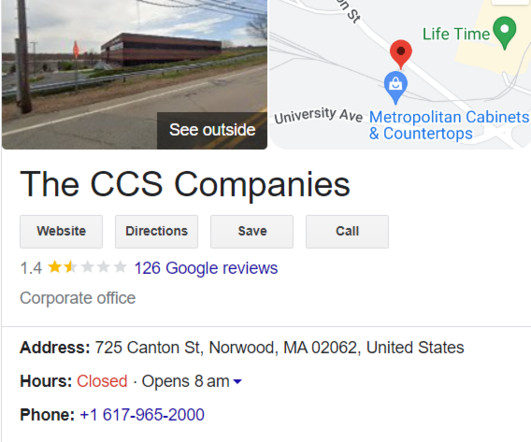Can a Lender Pursue Debt Collection After a Charge Off and 1099-C Issuance?
Jimerson Firm
FEBRUARY 10, 2022
The first consideration that lenders (banks and credit unions alike) often face is when, and if, to conclude that the account owner does not intend to, or is not able to, clear the negative balance or loan deficiency. Charging Off” Uncollectable Debt. 1.6050P-1(b)(2)(i). 1.6050P-1(b)(2)(iii).




















Let's personalize your content